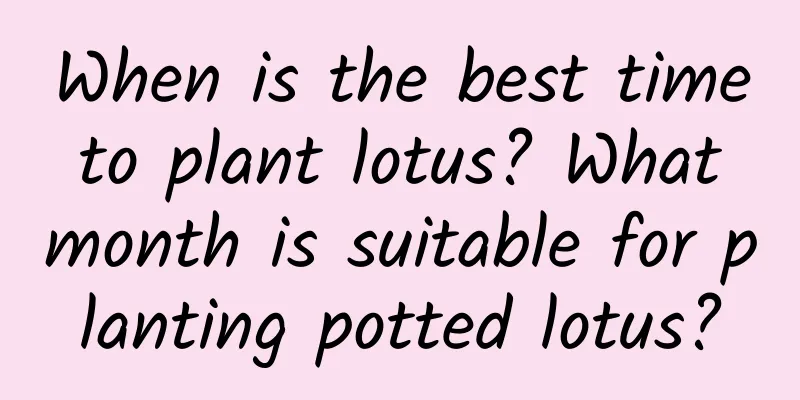What is the value of jasmine

The garden value of jasmineJasmine is a plant that blooms in winter and spring. Its flowers are white and fragrant, and have high ornamental value. Jasmine can be grown in potted plants indoors or in the garden. The hairy jasmine not only has a long flowering period, but if it is grown in a potted plant indoors, it can be used for embellishment, which is very unique. When planting in the courtyard, you can place it in pots or plant it in the open field, which is a great way to decorate the winter. In addition, hairy jasmine can also be made into wreaths for decoration. Economic Value of JasmineJasmine has certain economic value and is very valuable. Jasmine has a strong fragrance and can be used to extract jasmine oil and make essences. In addition, because hairy jasmine can be used as medicine and to make tea, etc., these are all manifestations of the economic value of hairy jasmine. Medicinal value of jasmineThe medicinal value of hairy jasmine is also very high. Hairy jasmine has the effect of regulating qi and harmonizing the middle, and can treat abdominal pain, swelling and pain of sores, red and swollen eyes and other symptoms. Jasmine contains volatile oily substances, which can promote blood circulation and relieve pain, relieve abdominal distension and pain, etc. It is an excellent product for treating pain. In addition, hairy jasmine itself has antibacterial and anti-inflammatory properties, and has an inhibitory effect on a variety of bacteria. It can be taken orally or applied externally. When used as medicine, hairy jasmine can be boiled in water and taken with honeysuckle and other ingredients. The roots of jasmine can also be used as medicine to relieve pain and treat insomnia. Generally, you need to dig out the roots in autumn, cut them into slices and dry them for later use. You can also harvest the flowers for later use. |
<<: The flower language and legend of oleander
>>: Gloriosa's Flower Language and Cultural Background
Recommend
The Flower Language and Legend of Dutch Chrysanthemum
The Flower Language of Dutch Chrysanthemum The Du...
What to do if the leaves of African jasmine wilt and the new branches turn yellow
What to do if the leaves of African jasmine wilt ...
How to grow a potted banyan tree well? How to grow a banyan bonsai tree more vigorously?
The potted banyan tree is actually a very easy-to...
How many times can sweet potatoes be planted in a year? How many days does it take from planting to harvesting?
How many seasons can sweet potatoes be planted in...
Key points for the maintenance of Yachiyo in four seasons
Spring and Autumn Maintenance Spring and autumn a...
When is the best season to plant green onions?
There is a difference between green onions and th...
How to grow Violet Queen succulent
1. Breeding techniques 1. Soil: The soil used to ...
Breeding methods and precautions of lion's tail
1. Maintenance methods 1. Soil: Lion's tail d...
How to trim Asparagus cochinchinensis to look good
When is the best time to prune Asparagus cochinch...
Is it easy to grow hydroponically? Hydroponics care methods and precautions
Is it easy to grow asparagus fern in water? Aspar...
How to pinch the longevity flower
1. How to pinch The pinching of Kalanchoe is usua...
When is the best time to prune seven-leaf lily?
The effect of pruning seven-leaf lotus The orname...
Is it true that it is unlucky to grow crabapple flowers at home?
1. Superstitious beliefs The belief that it is un...
What to do if the leaves of morning glory turn yellow
Reasons for yellowing leaves soil Morning glory i...
Cutting propagation method of silver leaf shrimp grass
Cutting propagation time of silver leaf shrimp gr...









